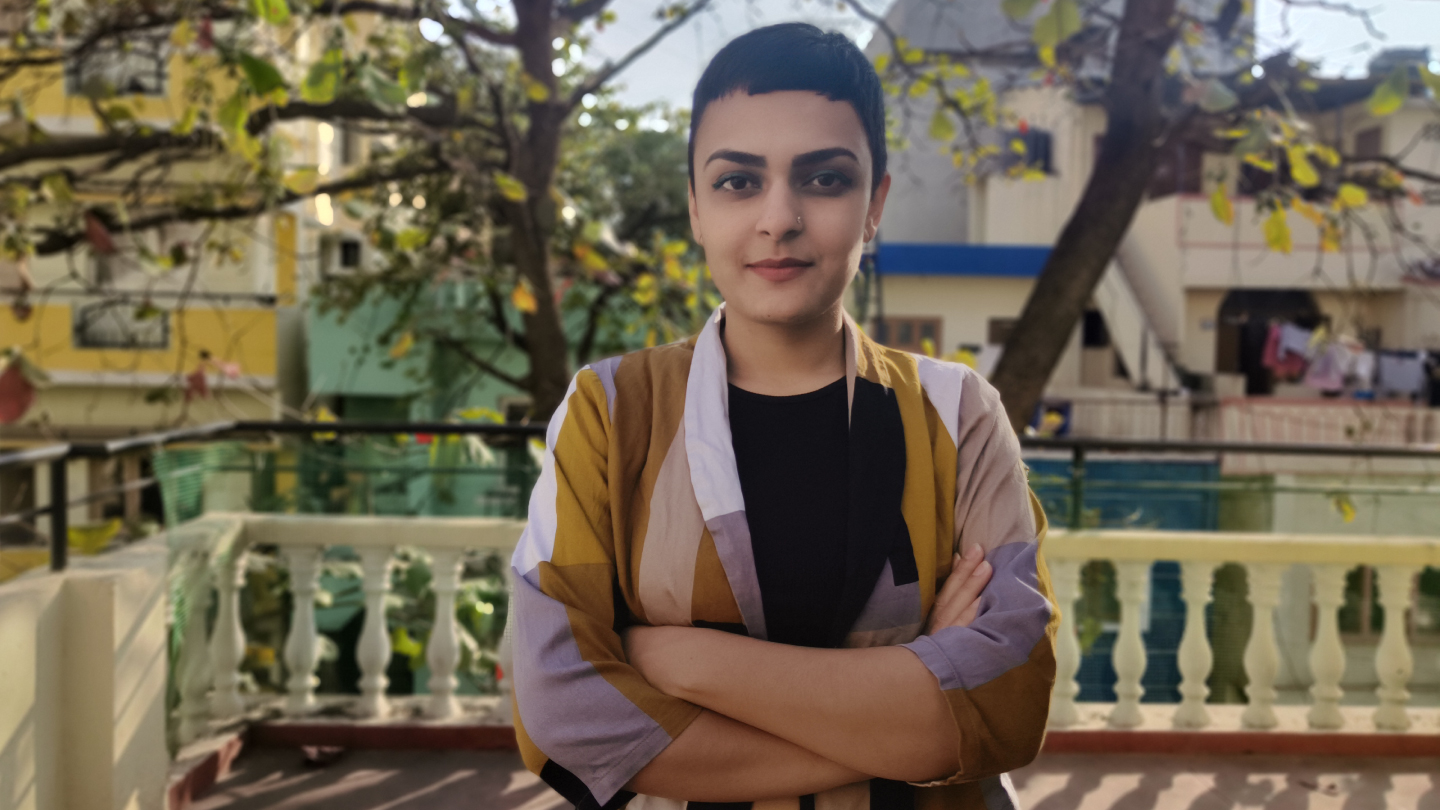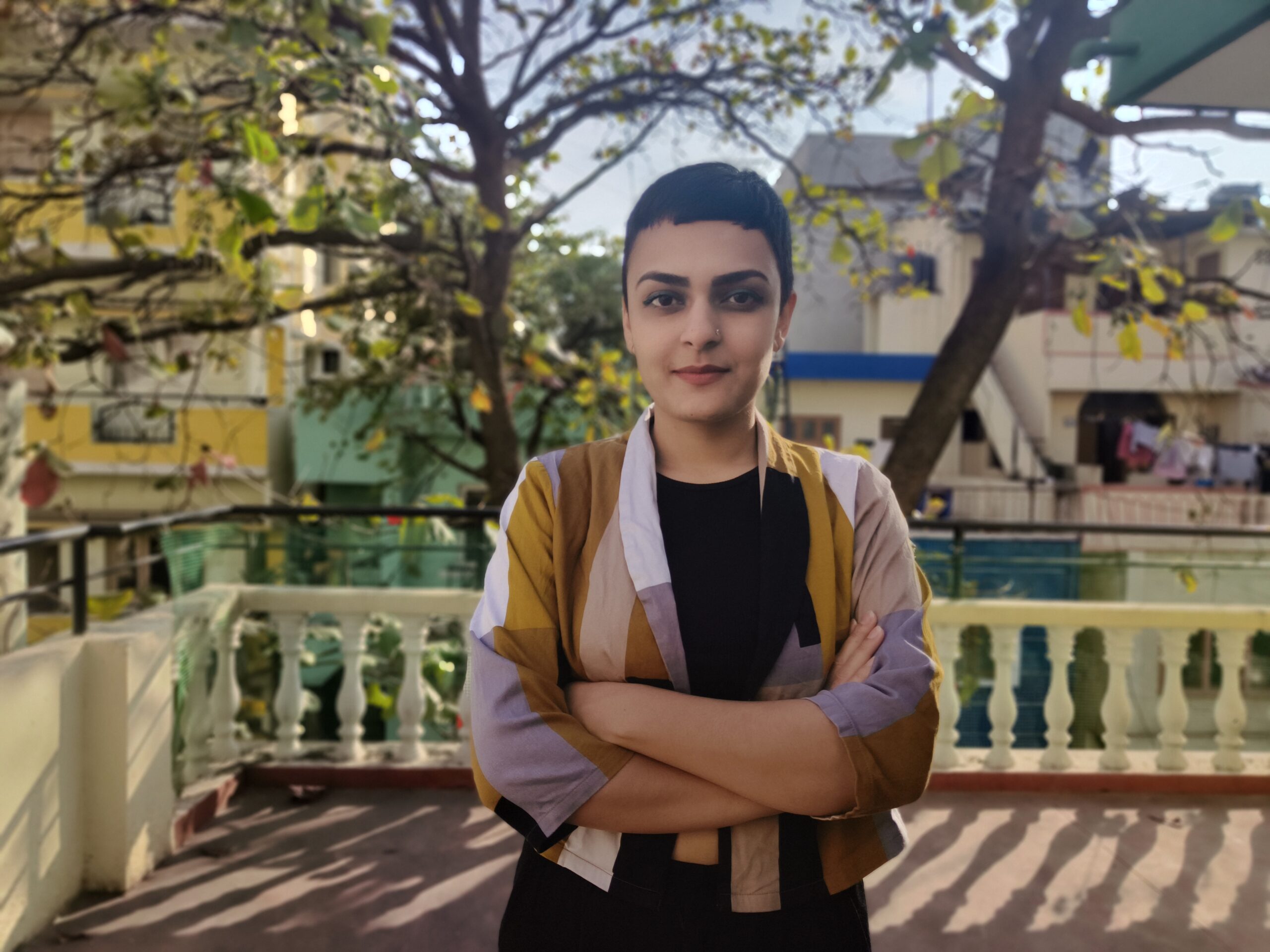Workshops
Fostering an embodied Abolitionist feminist praxis

Registrations are now closed for this workshop.
What the world will become already exists in fragments and pieces, experiments and possibilities. So those who feel in their gut deep anxiety that abolition means knock it all down, scorch the earth and start something new, let that go. Abolition is building the future from the present, in all of the ways we can.
– Ruth Wilson Gilmore
Abolition is about dismantling all carceral systems and ways of being in the world that uphold these systems, while building new ways of living and caring for each other. Abolition is, of course, about dismantling prisons, policing and other punitive structures but it is also about dismantling the carceral and oppressive ways in which we engage with each other in our everyday lives. The very systems that we’re working to dismantle also live inside us.
Abolition is about how we treat each other. It is about how we show up in relationships. Abolition is about how we respond to harm caused and how we respond when we cause harm.
– Patrisse Cullors
In this workshop, participants will be guided to hold space to destabilise carceral, disposability and dispossession logics, and build an embodied abolitionist feminist praxis in all aspects of our work and lives. We will engage in dialogue to explore Abolition Feminism as a framework and strategy for imagining alternative futures and praxis. These concepts often feel theoretical, abstract and far away. Through the workshop, we will seek to collectively unravel what abolition, embodiment and feminism mean to us and how they can interrelate to help us build our own everyday practices towards liberation.
The workshop will be led by lived experience, critical theories and somatic praxis to ask:
How might we practise and theorise Abolition Feminism in the everyday? What are some of the practical tensions and challenges involved in doing so? In what ways is the carceral state both visible and invisible within us and has seeped into our minds and bodies and how can this carceral logic be released? What can we do now to build our own abolitionist praxes centred on care and dignity? How can our bodies guide this?
This is a closed-door workshop and participants are expected to consider the workshop space with the utmost care, for themselves as well as co-participants. It’s a safe space where one is allowed to share their vulnerabilities and be open to navigating conversations and ideas that one might be uncomfortable with.
We encourage participants with any kind of difficulty related to hearing, speaking, learning, etc. to participate in the workshop. If you are a participant of this nature, please write to access@map-india.org prior to registration and let us know the nature of the difficulty and the accommodations that may be required. We will try our best to make the necessary arrangements in consultation with you.
The event is part of the larger programming for the exhibition VISIBLE/INVISIBLE: Representation of Women in Art through the MAP Collection.
Limited spaces available.
About Alternative Justice:
Alternative Justice is an initiative that works towards building anti-carceral strategies to respond to harm, abuse and conflict in India and the UK. We base our practice in community sustaining frameworks like restorative justice, transformative justice and community accountability that seek to create conditions that cultivate real transformation in our communities. Together, we imagine a world where people on all sides of harm – those who have been harmed, those who have caused harm as well as directly impacted community members – have access to multiple and varied community-based processes that support their healing, allow them to seek tangible accountability from those who act in harmful ways, or, support them in taking accountability for the harm they’ve caused.




